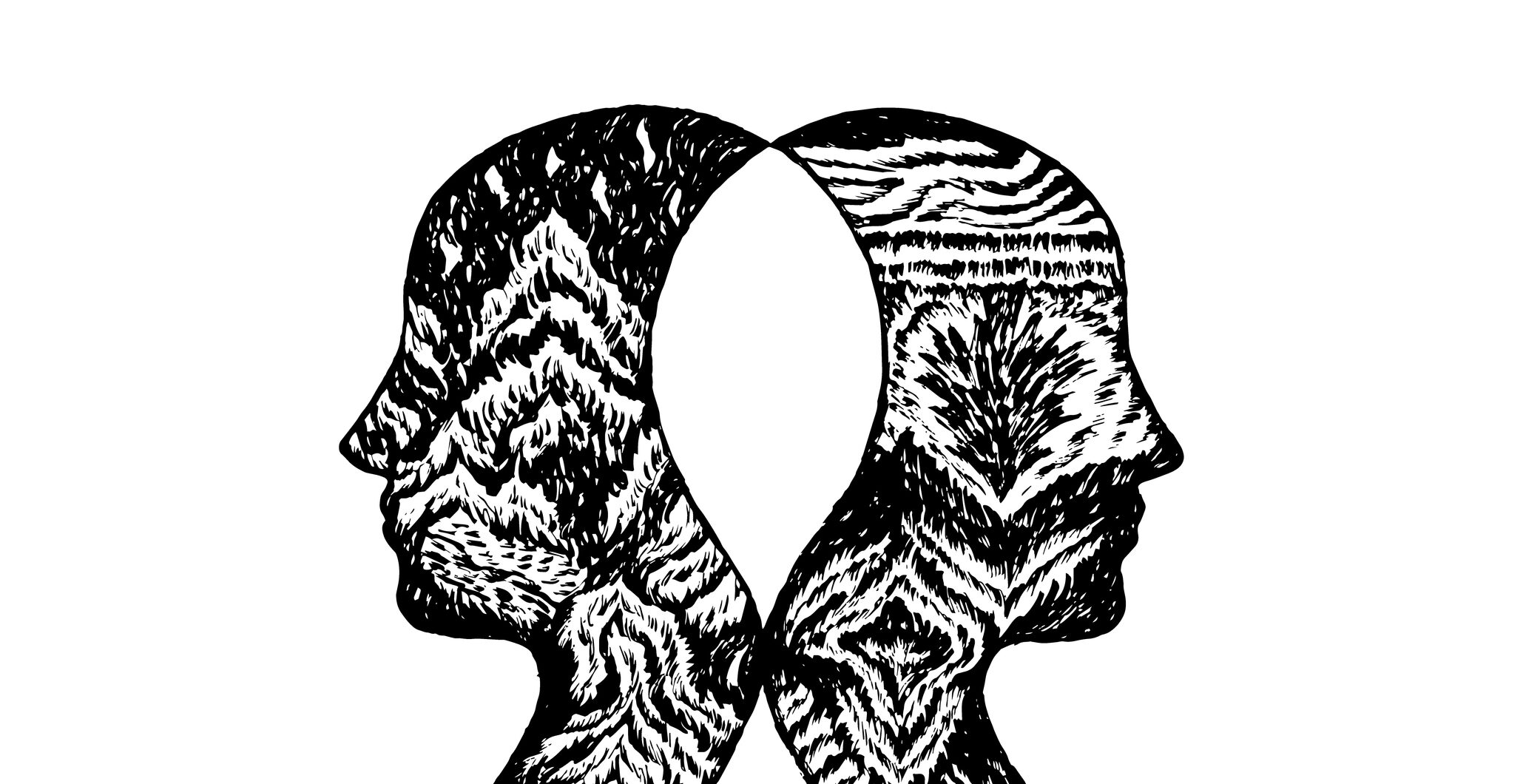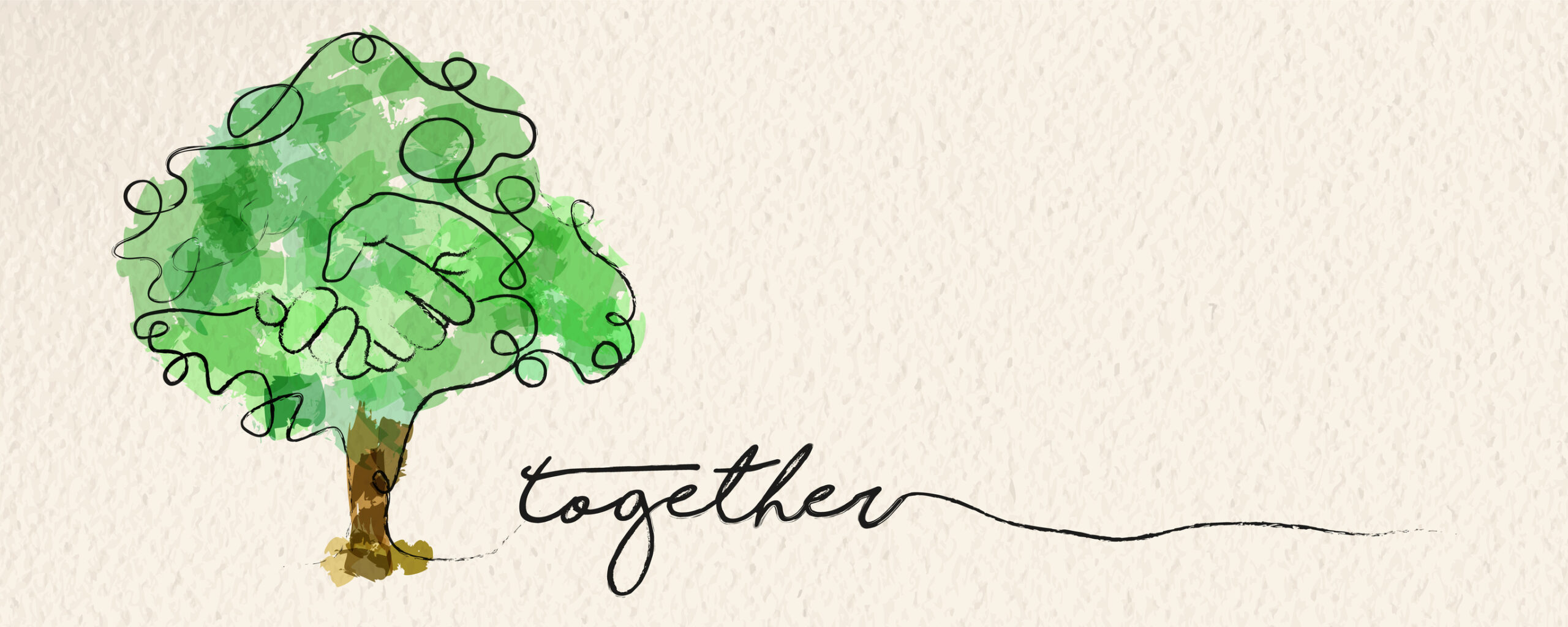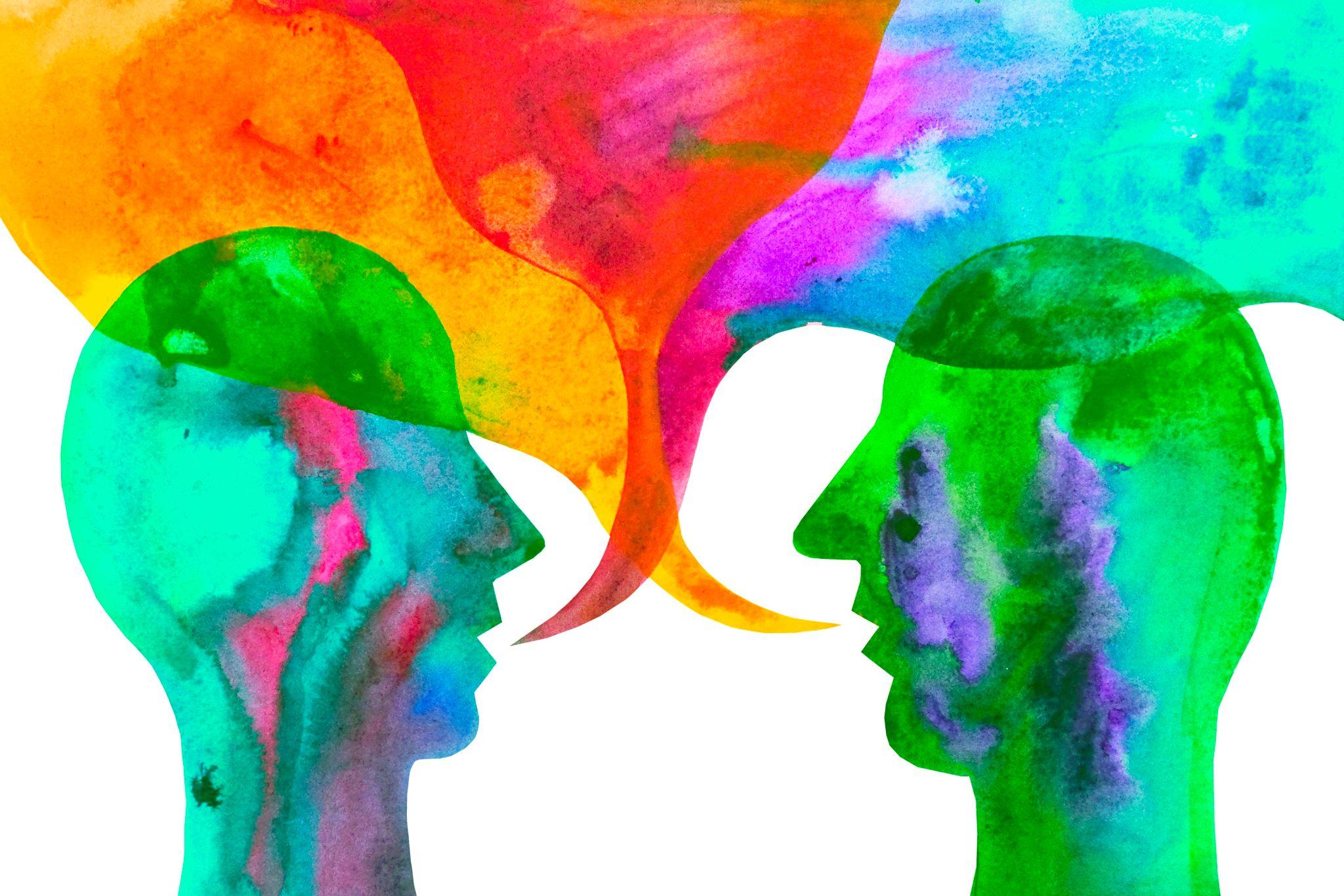Narrative Engagement Across Difference Project
Engaging with Narratives
The Narrative Engagement Across Difference (NEAD) Project is a unique consortium of actors – organizers, philanthropists, and academics – who have come together to gather insights into collaboration across difference in the deeply divided contexts of rising authoritarianism, declining democracies and restricted civic space. NEAD was designed specifically to take a deep look at narrative practices from a multi-disciplinary lens to reflect on how we can better understand and deploy narratives that will help unlock more effective collective action within diverse, broad-based movements.
Throughout 2021, the NEAD consortium held a number of consultations with narrative strategists, network leaders and activists from around the world to explore their challenges of working with narratives in divisive contexts of declining democracies; and, we also conducted a very broad multi-disciplinary literature review to unearth and explore findings from different vantage points to further illuminate narrative practices. You can read the findings of that literature review here.
The next phase of the NEAD Project in 2023-2024 is to engage in an action-learning process with movements and network partners to explore the research in practice; to conduct a series of narrative experiments; and, to convene spaces for on-going learning and reflection. We believe we must all embody the deep narratives we want to see in the world. This means that the NEAD team is committed to working with curiosity, emergence and to creating spaces where diverse lived experiences are valued (across all lines of difference.) We not only are accepting of complexity and nuance; we seek to “thicken” the stories of those considered “other” and support broadening the aperture of allyship for – and participation in – democracy and human rights movements around the world.
Our goal is to identify and test out key narrative practices that are grounded in relational organizing and reparative communications strategies in highly polarized contexts, (those that promote democratic values and human rights) and to create more fertile ground in which the seeds of new narratives articulating our shared future can germinate and grow. The NEAD Project is establishing learning partnerships to experiment with these narrative practices, at a grounded level with coalitions and movement leaders who are committed to this kind of self-exploration and broader ecosystem approach.
This is long-term work that must be complementary with those addressing the urgency of current threats and the need to deploy narrative change strategies in the short-term. It is not an either/or proposition. Within an ecosystem, the long-term and short-term can be mutually reinforcing, and the deep narrative exploration can be complementary with more specific advocacy campaigns (and vice versa).
SOME FOUNDATIONAL PRINCIPLES:
Self-reflection: A part of our inquiry is to consider how each of our own worldviews and narrative strategies to date have been helping or hindering our pro-democracy, pro-rights goals. For example, the tension, between the “progressive” and “conservative” group identities, homogenizes a spectrum of actors, which include those who have been disinclined to support or are sometimes hostile to social justice causes yet may be engaged on some levels. In the growing recognition that we need to come together across movements (feminist, youth, environmental, disabilities, race, etc.), how can we reach beyond our natural allies to find common cause – perhaps with “strange bedfellows” – that communicates our commitment to and vision for true pluralism and diversity of thought? In the face of such disruption around the world, the future we want to create is going to take all of us to address the existential threats facing humanity and offer alternatives to the ‘security playbook’ increasingly relied on to deal with them. An ecosystem approach to deep narrative engagement that includes inter-movement organizing, together with bridge-building approaches to other constituencies will bring about the societal changes needed to face our most vexing challenges.
Cross-ideological collaboration: If the breadth of a movement is a critical factor in how likely it is to be successful – as some research suggests – efforts to counter authoritarianism trends will require a diverse coalition to think about how to reach key constituencies like religious leaders, businesses, and a variety of other civic actors. This requires organizers to grapple with the thorny question of how such broad coalitions form and forge their common agenda. And coalition-building must be balanced with the need to foreground the voice and agency of historically marginalized communities enduring structural and physical violence. Narrative strategies to engage with these audiences therefore become critical to achieving the ideals of democratic, inclusive, and peaceful societies. Developing strategies to partner, not always to convince, is a tactic that incorporates concepts of building power with others, not power over, as well as engaging in strategic coalition-building to right power imbalances. Systems of power and injustices must change, and yet when we approach systemic change through an abundance agenda rather than on a zero-sum power struggle, our deep narrative engagement strategies can also shift to be more inclusive.
Reparative approach to social change: During this moment in history, when the entire world has faced the collective trauma of a global pandemic, the barriers to forming these broader coalitions in practice are more fraught than ever. The pandemic has been used by many in political power to further divide populations, fomenting and feeding on our fears and anxieties to clamp down on political opposition through expanded security laws and technologies, and to further demonize the exercise of people power, those organizing to address injustices and forge a different future. A trauma-informed approach to deep narrative engagement therefore is also needed, including tools and strategies that are restorative of societal relationships and reflect the future state we want to create together (with all our fellow citizens).
PROJECT PARTNERS: The NEAD Project is being implemented in partnership with the Fund for Global Human Rights as part of the philanthropic initiative Civic Futures.






